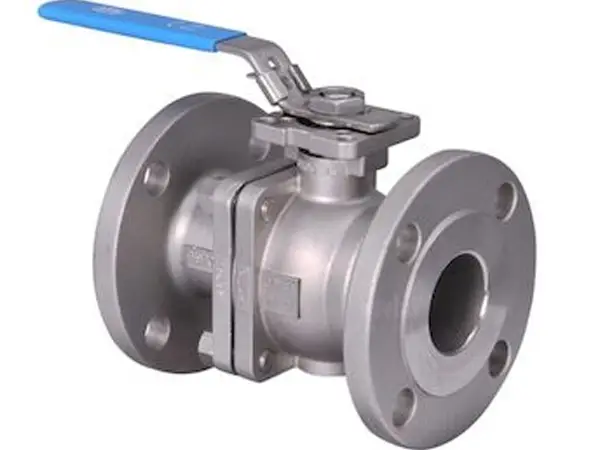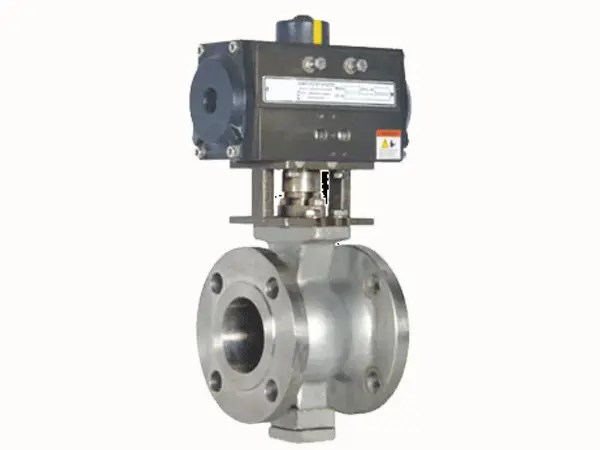Safety valves are important mechanical components made to automatically remove high pressure from a system, avoiding overload that can cause major mishaps or damage to equipment. They are extensively utilized in many different industries in India, such as the oil and gas sector, chemical processing, electricity production, and medicines. In the regulation of pressure accumulation, these valves are necessary to guaranteeing operational security and safeguarding infrastructure and personnel from possible risks.
Safety valves are essential for shielding industrial systems from overpressurization-related risks including explosions and equipment damage. These valves are crucial for preserving safe pressure levels in boilers, reactors, and tankers in sectors like petrochemicals, pharmaceuticals, and power production. Because any fault could result in major system failures or harmful accidents, their reliability is essential for maintaining uninterrupted and safe procedures.


As a top manufacturer of safety valves, we provide a large selection of strong, long-lasting, and precisely designed safety valves for a range of industrial uses. We offer specific solutions to satisfy international standards as a reliable safety valve exporter, guaranteeing both performance and safety. If you are looking for a safety valve supplier in your area or need safety valves in India, we provide affordable prices without sacrificing quality. Because of our industry experience, we are honored to be regarded as one of the best options for cheap safety valve manufacturers global. The leading manufacturer and supplier of safety valves in India, including ball valves, butterfly valves, check valves, control valves, diaphragm valves, flush bottom valves, forged ball valves, gate valves, and agro valves.
A basic safety component in pressurized systems, a Thermal Safety Valve (TSV) controls against overpressure brought on by thermal expansion. These valves prevent catastrophic failure or damage to equipment by automatically draining fluid when the system heat reach an unsafe level.
They are most frequently seen in storage tanks, heating systems, and pipes where thermal expansion of gases or liquids is possible.

We offer quality pressure relief valves made to safeguard workers and equipment in a range of industrial applications as a reliable supplier of safety valves. By avoid overpressure scenarios that can result in system breakdowns, mishaps, or damage to costly machinery, our safety valves are designed to operate safely.
A safety valve is a device that automatically releases pressure from a system when it exceeds a preset level. This is critical for maintaining safe pressure levels in systems like boilers, pipelines, pressure vessels, and HVAC systems to prevent damage or failure.
Safety valves are designed to open automatically when the pressure inside a system exceeds a predetermined set point. The valve’s internal mechanism (usually a spring) holds it closed under normal pressure. When the system pressure rises too high, the force overcomes the spring's tension, and the valve opens, releasing the excess pressure.
The most common types of safety valves are spring-loaded and pilot-operated valves. Spring-loaded valves use a spring to maintain closure and open when pressure exceeds the set point, while pilot-operated valves use an external pilot valve to control pressure relief.
Safety valves are used across various industries, including oil and gas, chemical processing, power generation, water treatment, and pharmaceuticals. These industries rely on safety valves to prevent overpressure in critical systems like reactors, pipelines, boilers, and pressurized tanks.
Safety valve manufacturers should have certifications such as ISO 9001 (quality management), ASME (American Society of Mechanical Engineers), and API (American Petroleum Institute). Compliance with CE markings, PED (Pressure Equipment Directive), and other industry-specific standards ensures that the valves meet international safety and performance standards.
The pressure setting for a safety valve is typically determined based on the maximum allowable working pressure (MAWP) of the system it is protecting. It is set slightly higher than the operating pressure but lower than the MAWP to ensure the valve opens before the system reaches dangerous levels.
Regular maintenance for safety valves includes periodic testing to ensure they open at the correct pressure, cleaning of the valve components to prevent clogging, and inspection of seals and springs for wear. If the valve has discharged, it may need to be reset or replaced.